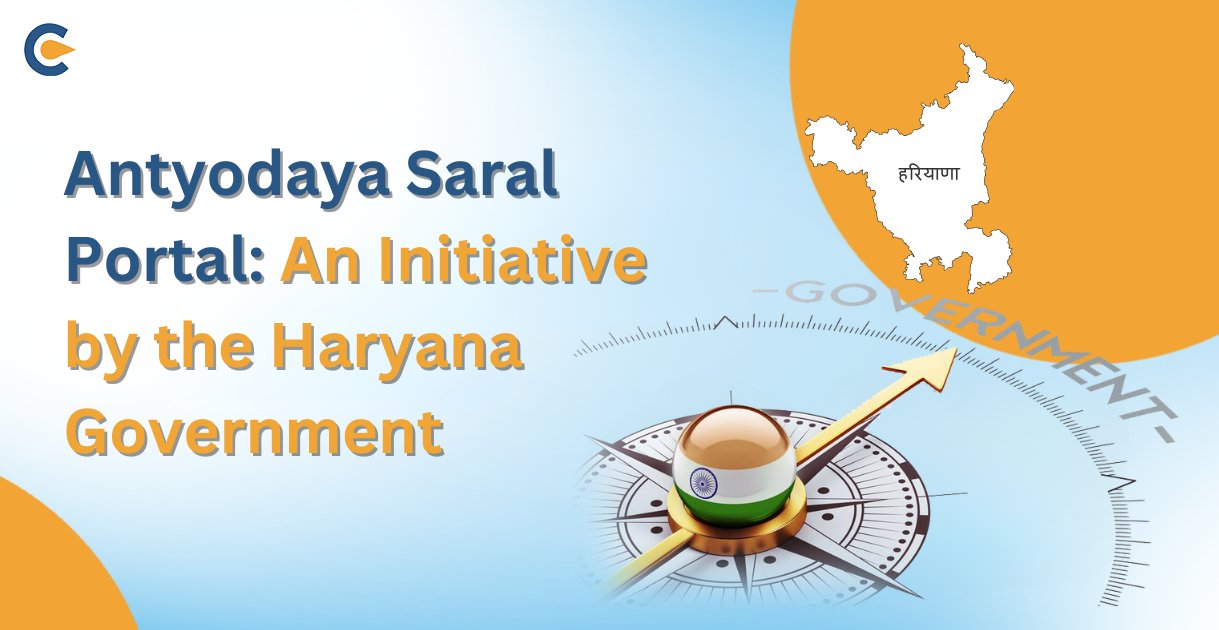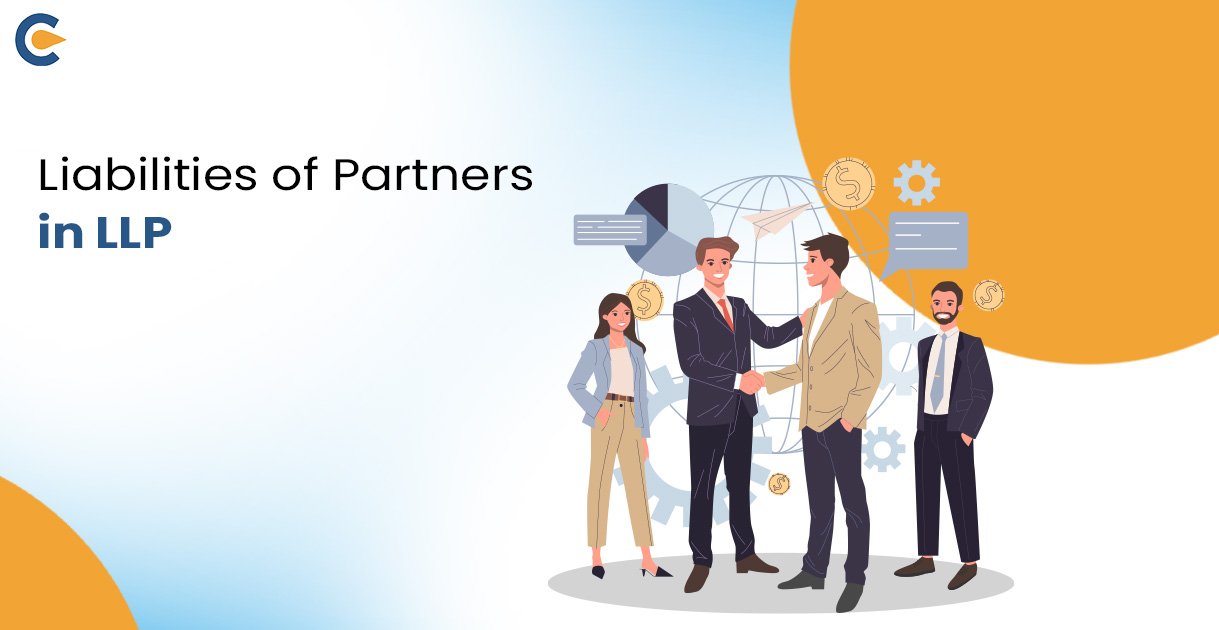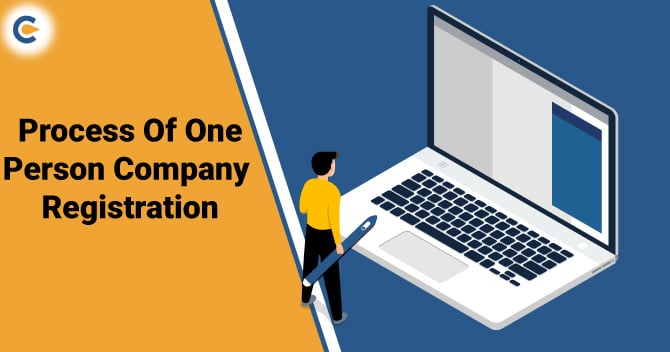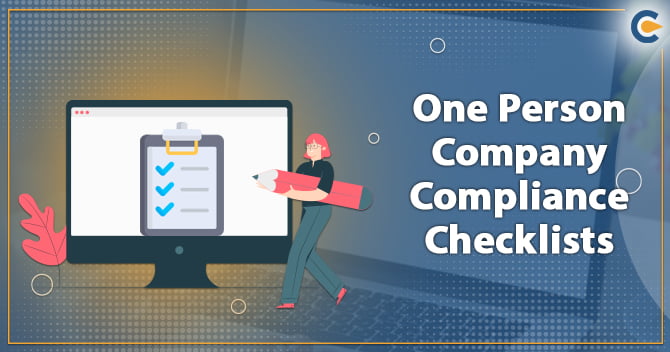OPC and Sole Proprietorship are types of business entities in India which can be incorporated by just one person. On the other hand, incorporating an OPC or a Sole Proprietorship holds its own advantages and disadvantages. If you are confused about whether to start your business as a One Person Company or a Sole Proprietorship, this article for you.
Advantages of OPC
Following are the benefits of incorporating a One Person Company;
Less Compliance Burden
An OPC or One Person Company is incorporated under the definition of a “Private Limited Company” mentioned in section 2(68) of the Companies Act, 2013[1]. Henceforth, an OPC will be required to conform to procurement relevant to private limited companies. Additionally, on the other hand, a One Person Company has been given various exclusions and in this way have a lesser compliance-related burden.
Perpetual Succession
A-One Person Company is an incorporated entity will likewise have the component of perpetual succession and will make it simpler for entrepreneurs to raise capital for business. The OPC, on the other hand, is an artificial entity from its proprietor or owner. Therefore, Creditors should be warned that their claims against the business can’t be squeezed against the owner.
Easier to Get funding from Banks
Numerous banks and financial institutions prefer to lend money to the company instead of proprietary firms. Generally, entrepreneurs are required to convert their firm into a Private Limited company before authorizing funds. Therefore, it is ideal to register your startup as a One Person company rather than a proprietary firm.
Annual return filing
The yearly return is required to be signed by a director in case of One Person Companies. However, the mandatory requirement of Company Secretary Signature is not applicable to OPCs.
Not obligatory to holding annual or Extraordinary General Meetings
Just the resolution can be conveyed by the member from the organization and entered in the minute’s book and signed and dated by the member. Additionally, such a date should be considered to be the date of the meeting.
Board Meetings
An OPC might lead at least one meeting of the Board of Directors in every 50% of a calendar year, and the gap between the two meetings shall not be less than ninety days.
Disadvantages of OPC
Also, forming a One Person Company holds various disadvantages such as;
High Tax Rate
As a corporate form, you cannot avail the advantages of tax slabs. In proprietary, you are required to pay at 10%, 20% or 30% tax rate according to your salary. However, in the case of a One Person Company, you are directly charged 30% income tax. The high tax rate is a big disadvantage of one Person Company.
Consistency Cost
Compliance cost of partnership firm or proprietary is very low compared to One Person Company.
OPC must be included in the name of the entity
You are required to specify one person company in your company name in the bracket. There is a slightly lower impression that the organization is kept running by one and only person. Another side, in the event that you start your company with a couple of shareholders, the administration can’t be dedicated, and you can offer impressions to customer moreover.
One Person Management
A shareholder is one, and all the decisions are made by a person. On the off chance that he is insightful, it is great; however, in some cases, cross-check is required for business development. Company’s success and growth are all dependent on one person’s decision-making ability.
OPC Incorporation is allowed
You can incorporate one and only OPC (One Person Company). In the event that you need to start another company as OPC, it is not permitted. In today’s quick economy, more than one business can differentiate income and spare you from enormous misfortunes. One and an only stream of pay or business is unsafe these days. Having this condition is a snag for serial business people.
Not Suitable for high turnover
There is the procurement of automatic conversion of One Person Company into Private Limited Company. In the event that you appraise high turnover of your business, or you have effectively high turnover, the better choice is to build up a private limited company than One Person Company. Setting up OPC and after in some cases, conversion of one person company into Private Limited Company is not a good idea.
Read our article:A Complete Guide on One Person Company Registration in India
Advantages of Sole Proprietorship
Advantages of Forming a Sole Proprietorship are as follows;
- Starting a sole proprietorship is easy. Also, unlike other business structures, starting a sole proprietorship requires less paperwork and time to form a sole proprietorship legally.
- Also, it is cheap to start a sole proprietorship. On the other hand, other business structures have higher fees and compliances to open a business. Sole Proprietorship tend to be an affordable model of the business establishment to start and maintain.
- Moreover, some tax benefits are provided to a sole proprietorship. Instead of the business having to file its own tax return, sole proprietors claim businesses gains and losses on their own individual tax return. Also, the Sole Proprietorship is taxed using individual income tax rates rather than corporate, making it simpler and cheaper to comply with your tax obligations.
- Sole proprietors can employ others and grow their business. Sole proprietorship can hire others and enjoy the tax benefits from doing so. Additionally, spouses of the owner can work for the sole Proprietorship without being declared as an employee.
- Also, Owners have complete and direct control over all decision making. Because the owner is the business, the owner makes all decisions for the business rather than sharing power with a partner or corporate board. This allows owners the freedom to drive the business in the direction they desire.
Disadvantages of Sole Proprietorship Registration
Mentioned below are some of the disadvantages of a Sole Proprietorship Registration;
- In a proprietorship firm, the owners are fully liable. In case if the debts of the business become overwhelming, the individual owner’s finances are impacted.
- Also, in case of a sole proprietorship firm fails to pay its debts, the owner’s home, savings, and other personal assets can be taken to pay those debts.
- Also, self-employment taxes apply to sole proprietorship. Owners need to pay self-employment taxes on the business’s income.
- Furthermore, the business continuity ends with the death of the owner because the owner and the Sole Proprietorship are one. Additionally, if the owner dies or becomes incapacitated, then the business dies with them, and the money and assets of the business become part of the individual’s estate. The assets and money in this kind of firm are subject to inheritance. Furthermore, taxes and can have a great impact on employees of the Sole Proprietorship.
- Also, it is difficult to raise capital for proprietorship firms. Moreover, initial funds of the business are generated by the owner and raising funds for the business can be not easy since they cannot issue stocks or other investment income. Also, taking loans may be difficult if the owner does not have enough credit to secure additional money.
Salient features of OPC
The Companies Act, 2013 introduced a new type of business, which was a hybrid of Sole-proprietorship and Company. Additionally, by providing sole proprietors with an opportunity to enter into a corporate world. It is treated as a private limited company only having a separate legal entity and limited liability. Furthermore, One Person Company Registration, which is a new concept in India, already has seen a big boom. One Person Companies are helping tremendously in increasing the overall economy of India. A huge impact on the economy and development of the nation is expected. It gives opportunities to many and will, therefore, bring creative and young minds in front of everyone.
Salient features of Sole Proprietorship
Sole Proprietorship is the simplest type of business, commenced by individuals who are personally liable for debts. Furthermore, a sole proprietorship is not a legal entity like a partnership or a corporation. However, a sole-proprietor can apply for company registration under his name or under a fictitious name. Furthermore, the costs are nominal to start this kind of business. However, the disadvantage lies in the situation of financial failure. In case the business fails to earn a profit, then creditors can file a lawsuit against sole-proprietor. Business liability can apply against his personal assets. But, if the owner dies, there are little chances of survival of the entity. Expansion of business after a point becomes a difficult job. Also, the advantage is this kind of entrepreneurs need not need to hold board meetings and annual meetings. Also, Returns are signed under their name, and they have flexible working hours. Therefore, a Sole proprietorship and a One person company are very different from each other.
Difference between Sole Proprietorship and OPC
The major difference between the sole proprietorship and OPC is as given below:
Method of Registration
In Sole Proprietorship, registration of the company is Not Compulsory. Furthermore, a proprietor can register if he wants to register his company.
In One Person Company, a company can be registered with the MCA under Companies Act 2013.
The legal status of the entity
A sole proprietorship is not considered to be a separate legal entity
On the other hand, a One Person Company is a separate legal entity.
Name
A Sole Proprietor – generally Proprietor uses his own name
However, in a One Person Company it must contain the word “OPC” to differentiate itself from other entities
Management
A Sole Proprietor – a proprietor is the sole and whole person who manages the firm although he may hire employees to support.
One Person Company– Thedirectors are collectively referred to as the Board of Directors.
Liability on Members
A Sole Proprietor has Unlimited liability
However, a One Person Company, liability is limited to the extent of share capital.
The minimum count of members
In case of a Proprietorship, there is only a Sole Proprietor.
One person is essential In case of a One Person Company
The maximum number of members
Maximum 1 person is allowed in Proprietorship
Maximum 2 people are allowed in One Person Company.
Foreign ownership
Sole Proprietorship does not allow foreign ownership,
But in One Person Company, Foreign ownership is allowed if one is the director and the other is the nominee. However, both the director and the nominee cannot be foreign citizens
Transfer ability
Also, Proprietorship does not allow Transfer ability
Transfer ability is allowed to 1 person only in One Person Company
Existence of entity
A Proprietorship cease to exist with the death or retirement of the sole member
However, in the case of a One Person Company, existence is independent of directors or nominee
Taxation
A Proprietorship is taxed as an individual
But in One Person Company, the tax rate is 30% on profits plus cess and surcharge
Annual filings
A Proprietorship firm needs to file Income tax returns with the registrar of the company (ROC).
A-One Person Company also files its returns with the registrar of the company.
Conclusion
Both OPC and Sole Proprietorship are the forms of One Man Organization. Nonetheless it is evident from the given above difference that incorporation of an OPC has various advantages in comparison to the sole proprietorship firms.
Thus, it solely depends on the intent of the entrepreneur as to what are his objectives and strategy of the business as every form of business has its own merits and demerits.
Read our article:Everything you need to know about One Person Company in India











